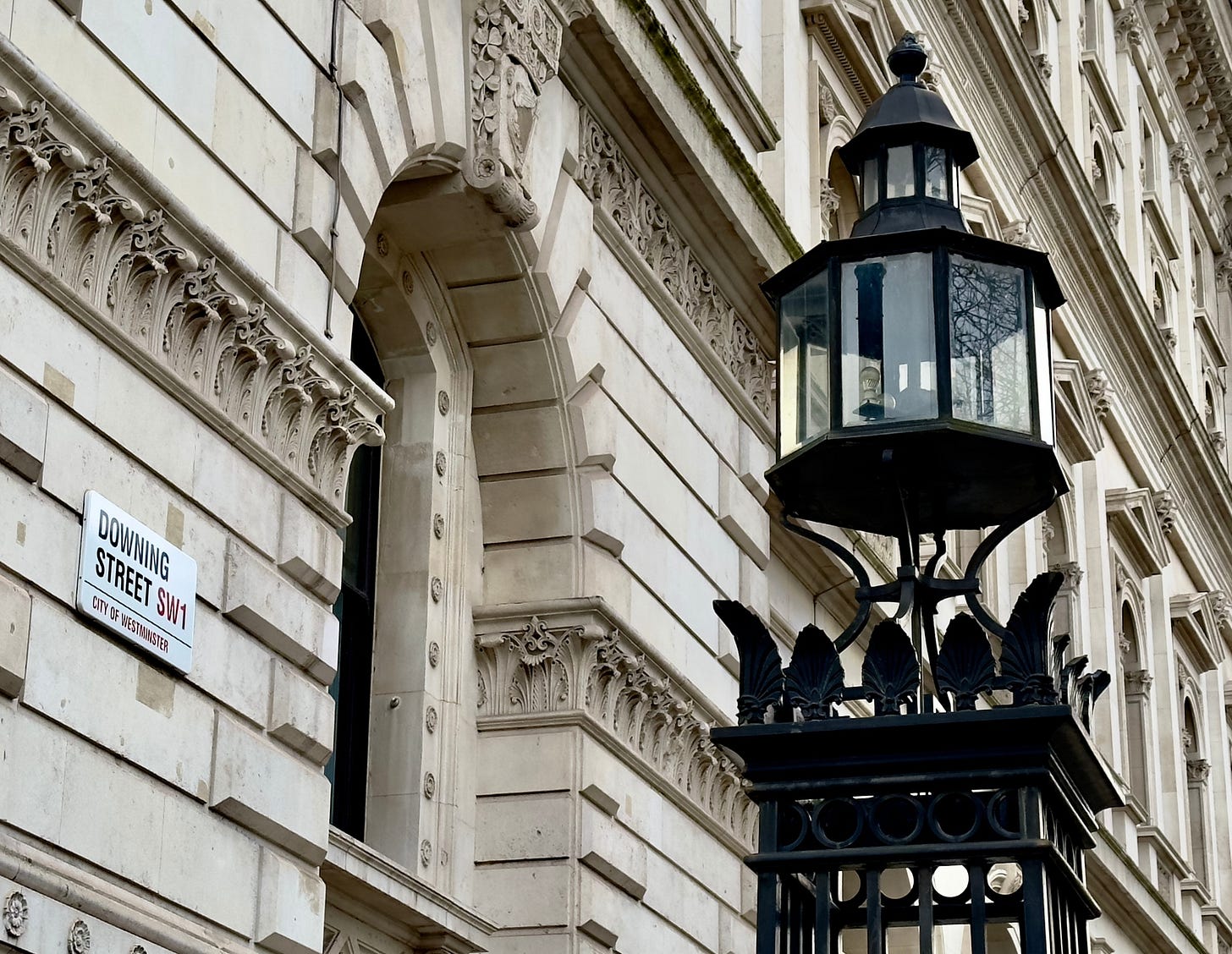Labour’s Intentions For Investors - What We Know So Far
Sombre expectations for next month’s budget may be obscuring planned reforms to help revive UK markets.
It would be wise to say it quietly, but the tide seems to be slowly turning towards UK equities. Readers will need little reminding that the past decade has not been kind to British markets. The FTSE 100 has returned only 12.5% over the past five years, against 30% for the STOXX Europe 600 and nearly 90% for the S&P 500.
But the index has risen 8% over the past year as the prospects for the British economy have brightened, the election has made room for a period of political stability, and the market has showed signs of rotating from the expensive growth stocks that have driven US markets. BlackRock, Allianz, Ruffer and Rathbones have all raised their exposure to UK-listed stocks in recent months.
Yet though the shift in sentiment is welcome UK markets continue to be shunned by domestic retail and institutional investors. The Investment Association says private investors have pulled £54bn from British exchanges since 2016, and took out £1.8bn in May, a record monthly withdrawal.
And a report published earlier this month by the New Financial think-tank has highlighted the dramatic decline in investment by UK pension funds in domestic equities. Although funds have trillions of pounds of assets under management, with £800bn expected to be sitting in defined-contribution schemes alone by 2030, they currently invest 4.4% of the funds they manage into domestic equities against a global (ex-US) average of 15%, down from more than 50% 25 years ago.
The decline has been driven by the de-risking of private sector defined-benefit schemes and a general shift across the sector to a global market-weighted approach. UK funds also invest much less in private equity and infrastructure assets, around 6% compared with 35% and 14% by Canadian and Australian funds. The effect has been to entrench a cycle of lower demand, lower valuations, and a lifeless market.
Labour’s sombre pronouncements about the state of the British economy since taking office, and the controversy over the scrapping of the winter fuel allowance, have sparked fears of more tax rises in the October budget, some directed at investors.
Keep reading with a 7-day free trial
Subscribe to Master Investor to keep reading this post and get 7 days of free access to the full post archives.






